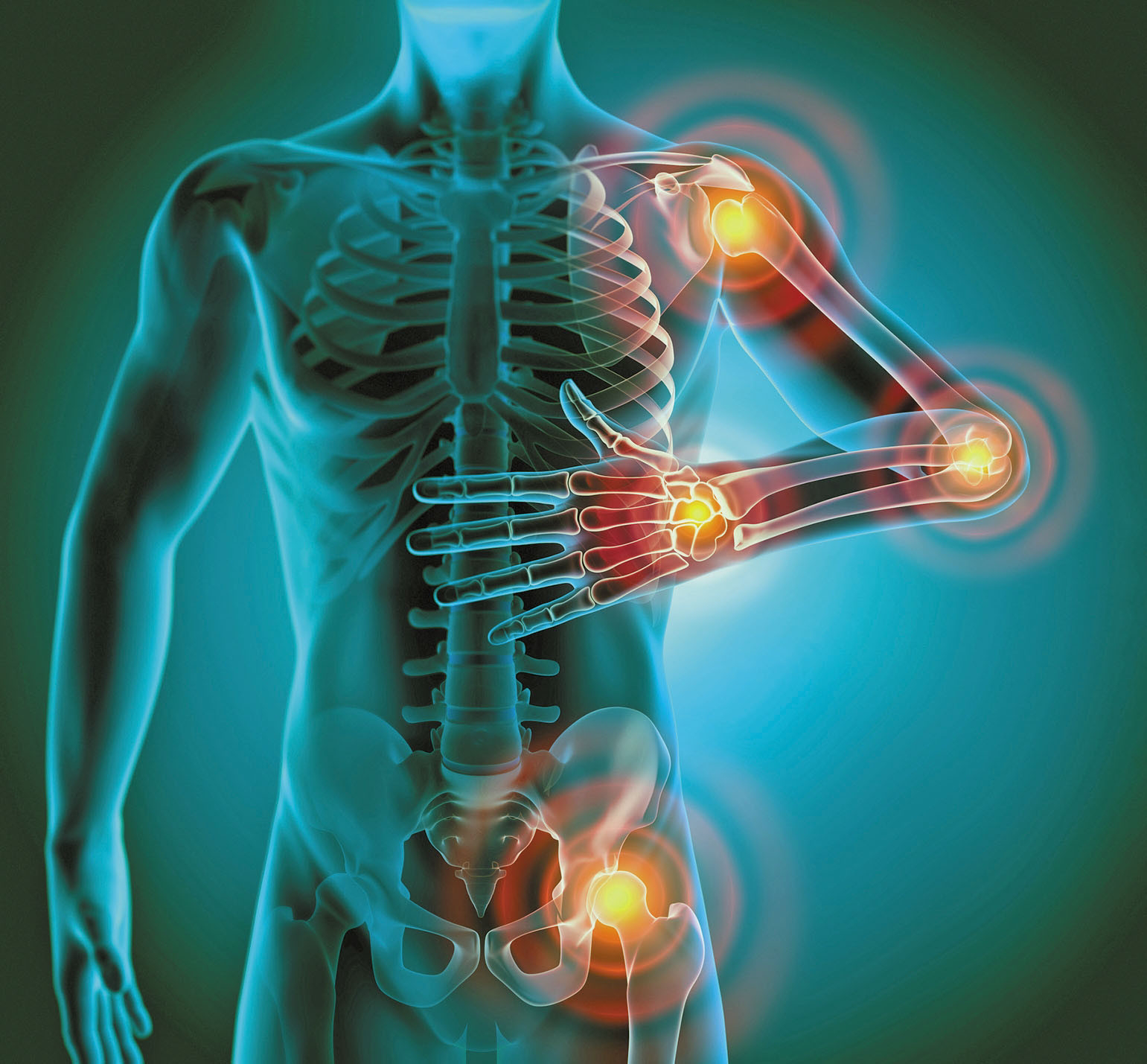Inflammation: Friend or Foe?
Our bodies are essentially mobile chemical bioreactors. There are a lot of processes going on inside our bodies to preserve life as we know it. One of the processes, inflammation, aids our bodies in protecting ourselves from injury. It is like our own personal security system.
When the body detects an intruder, like a foreign body(splinters, scrape through an object), a pathogen, or an irritant, it initiates a biological response to try to eliminate it. Our immune system dispatches an army of white blood cells to surround and protect the affected area, creating noticeable redness and swelling. The process works similarly if you have an infection like the flu or pneumonia. Inflammation is necessary for survival. Without it, injuries could fester and simple infections can become fatal.
Inflammation can be either acute (short-term)or chronic (long-term). Acute inflammation goes away in a matter of hours or days. It is the body’s reaction to sudden damage, such as cuts, scrapes, or pathogens. This type of inflammation aids in the removal of necrotic cells and tissues that have been destroyed by the inflammatory process, as well as the initiation of tissue repair.
There are five symptoms that may be signs of acute inflammation:
Pain
Redness
Loss of function
Swelling
Heat
However, in some diseases, like arthritis, the immune system triggers an inflammatory response when there are no foreign invaders to fight with. The body’s ordinarily protective immune system causes damage to its own tissues in these conditions, which are known as autoimmune diseases. The body reacts as if normal tissues are infected or as if they are harmful agents. It can last for months, or even years, and this inflammatory response is known as chronic inflammation. Some other autoimmune diseases include psoriasis, Crohn’s disease, Hashimoto’s Thyroiditis, and many more.




Comments
Post a Comment